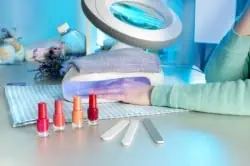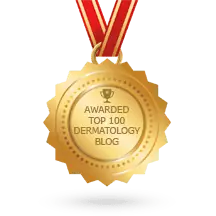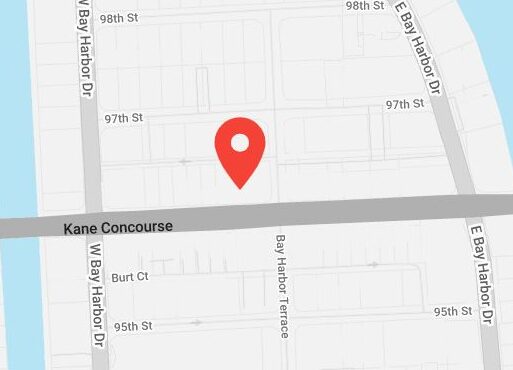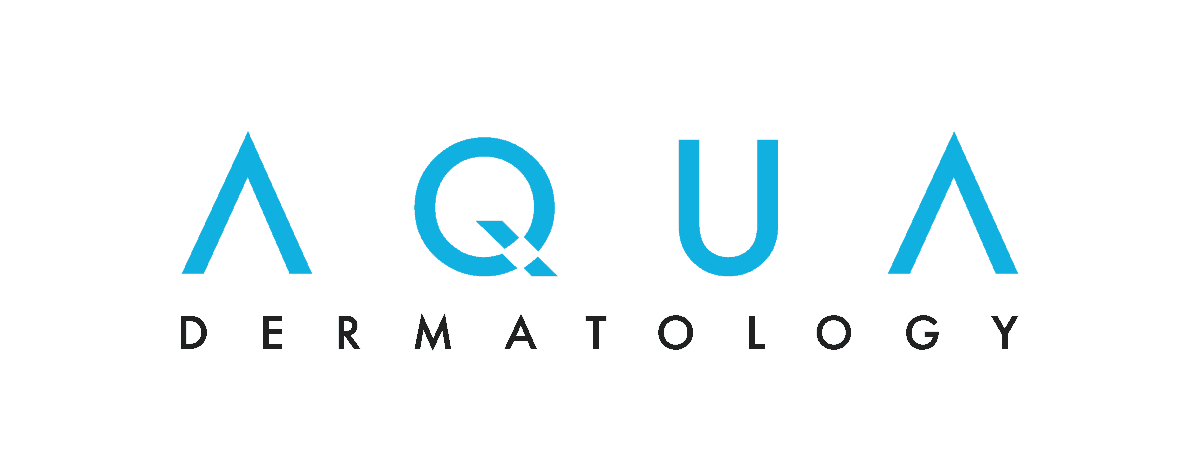 It’s May, Skin Cancer Awareness Month, and you may be surprised to learn just how many Americans are diagnosed with a variety of skin cancers each year. According to skincancer.org, more than 2 million people per year receive these diagnoses. Most of these cancers stem from too much sun exposure without proper protection or the use of tanning beds. You may think you’ve heard it all when it comes to skin cancer causes, but new research has revealed another potentially worrisome source for harmful, cancer-causing rays: salon UV nail dryers. There’s been a lot of buzz surrounding this issue lately, but how much truth is there to the claims that nail dryers contribute to skin cancer?
It’s May, Skin Cancer Awareness Month, and you may be surprised to learn just how many Americans are diagnosed with a variety of skin cancers each year. According to skincancer.org, more than 2 million people per year receive these diagnoses. Most of these cancers stem from too much sun exposure without proper protection or the use of tanning beds. You may think you’ve heard it all when it comes to skin cancer causes, but new research has revealed another potentially worrisome source for harmful, cancer-causing rays: salon UV nail dryers. There’s been a lot of buzz surrounding this issue lately, but how much truth is there to the claims that nail dryers contribute to skin cancer?
Nail Dryers and UV Light
Nail dryers are used in salons to dry nail polish and gel coatings between layers. They emit the same UV (ultraviolet) light as tanning beds and the sun, though in lower quantities. UV light in sufficient doses increases skin cancer risk significantly, so it’s no surprise that nail dryers have come under scrutiny as a possible carcinogen. Different brands of dryers emit varying levels of light, so it can be difficult to tell just how much radiation each individual dryer gives off.
How UV Light Affects the Skin
In addition to posing a cancer risk, UV rays have the unpleasant effect of accelerating aging, making wrinkling occur quicker and with greater severity. UV radiation harms skin by actually damaging the DNA in the skin, which can cause mutations that turn into skin cancer. Tanning and sunburns are physical signs of damage to the skin, which can lead to cancer over time. UVA rays also penetrate deeply in the skin and contribute to skin aging.
Are Nail Dryers Dangerous?
Curious to see if the UV light emitted from nail dryers poses a health risk to nail salon patrons, researchers at Georgia Regents University in Augusta, GA, tested 17 salon nail-drying lamps in an effort to see how much radiation they actually expose a client to. The amount of UV light was widely different from one lamp to another, but, according to the New York Times, “the researchers estimated that for most of the lamps tested, eight to 14 visits over 24 to 42 months would reach the threshold for DNA damage to the skin.”
While the researchers did note that there was some increased risk for skin cancer from nail dryers, the risk was quite low. It is still mostly considered safe to use nail salon dryers in moderation. The only cases of skin cancer associated with nail salon dryers were in women who had gone to the nail salon regularly over a period of years, or many times within a single year. These incidences were very rare.
Minimize Your Risk
While it seems that the risk for skin cancer from nail salon dryers is minimal, you can help protect your skin and minimize your risk for cancer by limiting your trips to the salon and by putting on sunscreen or UV protecting gloves with the fingertips cut off before placing your fingers under the dryer. Continue to protect the rest of your skin by covering up, using sunscreen, and avoiding strong sunlight when possible. Never risk using a tanning bed, which poses significant cancer risks and accelerates aging greatly. Be mindful of your skin, and you can minimize your risk for skin cancer and keep your skin looking younger for longer.
Take Action
It’s important to keep an eye out for any suspicious skin irregularities (particularly if you’re a nail-salon regular), and find a skilled dermatologist to be your skincare ally. Amid all the bad news, there’s good news about skin cancer. Although it is the most common form of cancer in the US, it is also one of the most treatable types of cancer, if caught early. Many forms of skin cancer can be eliminated before they become life-threatening or disfiguring. One of the best treatments for common skin cancers is MOHS surgery, a highly effective treatment that leaves non-cancerous skin largely undisturbed.
If you’re looking for a dermatologist you can trust to help you start a good skin care and protection routine, administer cosmetic treatments, or diagnose and treat skin cancer, then come visit Miami-based dermatologists Dr. Diane Walder and Dr. Stacy Chimento. Both are highly respected skin care authorities, offering a range of responses to sun-induced ailments, including MOHS surgery and sun damage treatments. For more information, call 305-866-2177 to schedule a consultation with Dr. Walder or Dr. Chimento today.



